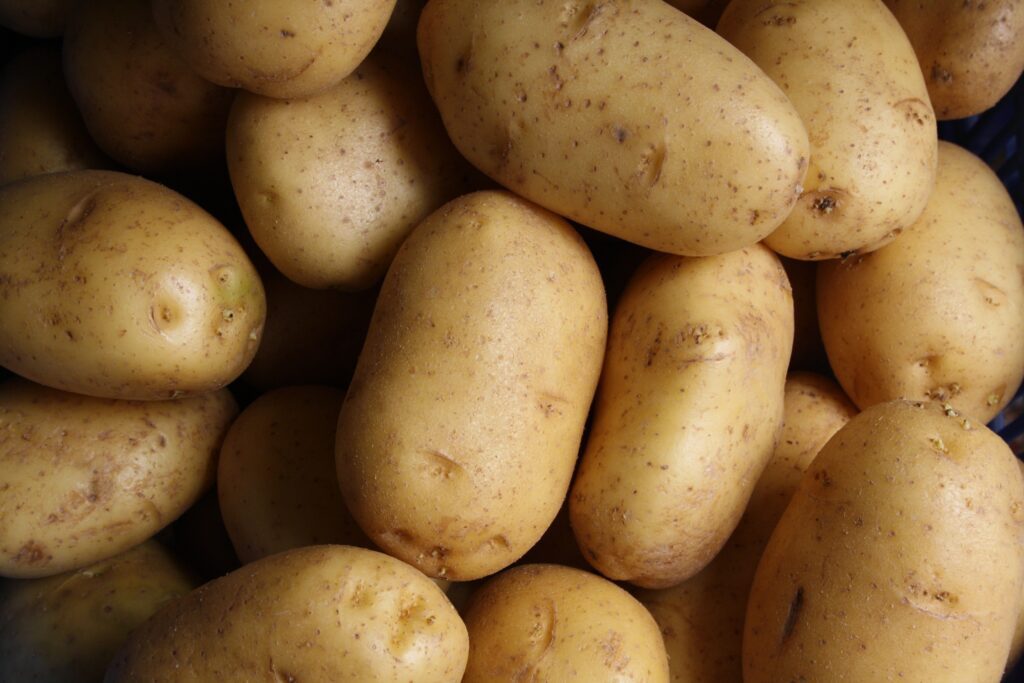Food Waste Prevention Week (FWPW) is being celebrated nationwide for the first time, from April 10-16.
Many foods are discarded before reaching the consumer. Estimates show that 7% of postharvest losses occur on the farm. This means imperfect foods are thrown away before ever reaching a grocery store. Of the food that does get to the store, more than double that number (17-18%) is wasted by consumer-facing businesses such as restaurants, cafeterias, and households.
FWPW gained traction in Florida after a school administrator was horrified by cafeteria food waste. She conducted a waste audit with students, showing them how much unopened food had been discarded. FWPW then took off around the country. Each year, has seen increased interest in promoting food waste prevention methods through events and contests.
The biotech industry is seeking to rectify the food waste problem by editing the genes of produce to make them last longer. Such improvements could significantly reduce food waste.
Increased shelf life and reduced greenhouse gas emissions
Gene-edited crops aim to reduce food waste. The J.R Simplot Company developed the Innate Potato, which does not bruise and emits less acrylamide, a toxin released during cooking that can be deadly at high levels. The company’s scientists used CRISPR-Cas9 technology to edit the potato genes, taking favorable traits from various breeds to achieve a product less susceptible to spoilage. The company estimates that $1.7B worth of fresh potatoes are wasted each year due to poor storage and shelf life. The U.S. Food and Drug Administration (FDA) greenlit the potato in 2015.
Simplot has also partnered with Plant Sciences, Inc. to edit the genes of strawberries to increase shelf life.
In 2016, a researcher at Penn State edited the genes of a white button mushroom to resist browning. The mushroom was able to sidestep FDA regulation because it did not qualify for oversight. However, a voluntary review may be requested to ensure consumers feel comfortable eating the product and show that the company did its due diligence.
Food waste contributes significantly to greenhouse gas emissions. A variety of programs aim to tackle food waste by educating consumers and food professionals about sell-by and expiration dates, encouraging excess food donations, and launching composting programs. However, biotech solutions like gene-edited crops are another key component as food that lasts longer offers a solution to the source of the problem.




